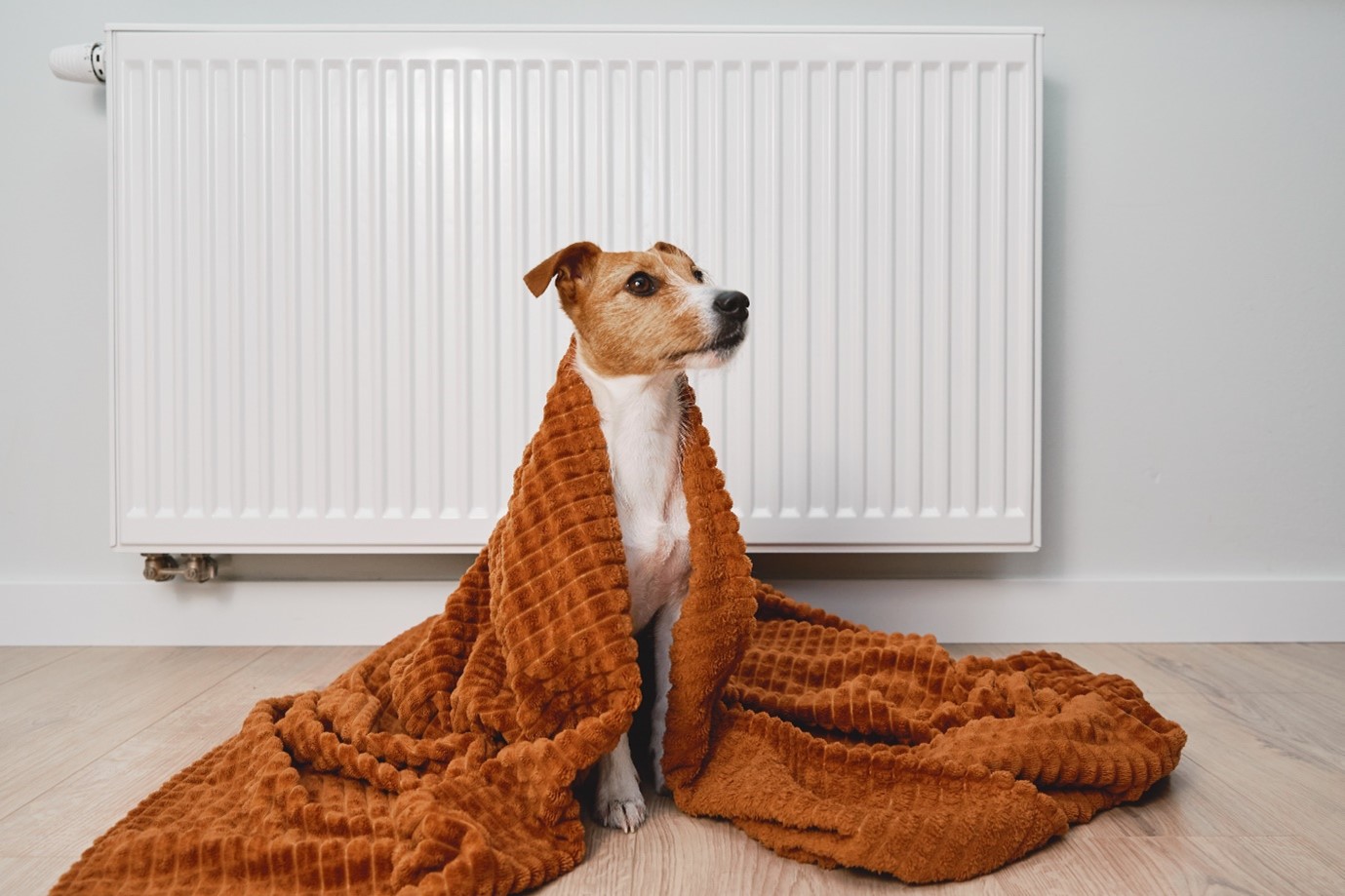
Caring for your pet in a cost-of-living crisis with FirstVet
30th May, 2023
As financial pressures continue to affect many individuals and families, it’s important to understand the financial implications of being a pet owner. In this article we have teamed up with the vet team from FirstVet to answer our questions and shed light on how to navigate the challenges of providing a loving and caring home for your furry companions while managing the increased costs of daily life.
What are your top tips for pet owners to provide the best care for their pets through a cost-of-living crisis?
-
Prevention is the focus of the veterinary profession in the 21st-century. Preventing diseases.
-
Preventing accidents. Preventing poisoning. Preventing dental, eye, ear, and skin conditions.
-
All these preventions are the best way to avoid unnecessary trips to the Veterinary Surgeon.
-
It is an old adage but true: an ounce of prevention is worth a pound of cure.
What preventative care can owners put in place to avoid unnecessary vet costs?
-
The best preventative measures are also the easiest.
-
Regular vaccinations for diseases, many of which don’t have a cure if contracted.
-
Regular worming to prevent intestinal problems.
-
Correct nutrition with a complete and balanced diet.
-
Avoiding obesity and regular exercise.
-
Talking to your vet to ensure that you are not feeding anything to your four-legged friend that could be poisonous.
-
Dogs, especially need basic training because this will prevent any unsociable activities and not put them in a situation where they may need behavioural modification
Has there been a rise in emergency vet visits due to the cost-of-living crisis? If yes, what is causing this?
-
There has been an increase in the number of pets that are taken to the Veterinary Surgeon when their condition is well advanced. In other words, as have waited until the pet has become obviously sick and incapacitated. The problem with this approach is that the longer that conditions are left, the harder it is to treat them, and therefore less likely to have a successful outcome. The longer that conditions are ignored, the more expensive it will be to treat and manage them.
What at home stimulation ideas can pet owners do to help lift their pet’s mood?
-
Cats, and dogs especially, mirror the moods of their owners who are their leaders. Their language is body language, and they pick up subtle changes in the body language of humans far better than most other humans do. The best way to lift the mood of pets at home is to be positive and upbeat whenever you are talking to them or interacting with them.” It travels down the lead.” Is a common adage in the world of dog training. In other words, feelings, and emotions of the owner transfer to the pet.
How can the FirstVet service support pet owners during the cost-of-living crisis?
-
FirstVet provides a virtual service offering video consultations with qualified veterinary surgeons. These consultations can assess the seriousness of the condition, and whether the patient can be managed at home, or needs to be seen by their local vet.
-
The consultation is conducted over video, the pet is examined in the comfort of their own home, often while sitting or lying on the couch. The owner is told what type of examination is required and how to do it.
-
The consulting Veterinary Surgeon can then give an assessment on the condition of the patient and recommend further action.
-
This service is part of the premium you pay as a Petwise customer. It relieves anxiety for the pet… and also you.
What free resources/charities can people access if they are struggling with pet ownership? E.g. Pet food banks, help with care etc.
-
There are two or three different charities that can help people in financial distress. These charities conduct means tests on the owners of pets to ascertain if they are suitable for assistance. Charities such as the RSPCA, Cat Protection, and PDSA can all help.
Why is it important for me to insure my pet?
-
It is even more important in times of financial stress to insure all pets. Insurance means that life-threatening diseases, or injuries, can be treated in the correct manner and also quickly. This means that chances of recovery are maximised.
-
This is not just about animal health but animal welfare as well. In 2023, there is not a reason why all pet dogs and cats should not be insured, especially with free Telemedicine consultations.
Is there a rise in people cancelling insurance policies due to cost and what are the ramifications of this?
-
Currently approximately 49% of dog and cat owners have pet insurance. The ones that don’t state that they will “save the money separately” instead of taking insurance. The problem with this approach is, extra discipline is needed to put aside money for your four-legged friend on a weekly basis, and of course, if an unexpected accident happens in a short period of time and there has not been enough time to save sufficient funds.
Source: Dr Peter Higgins FirstVet